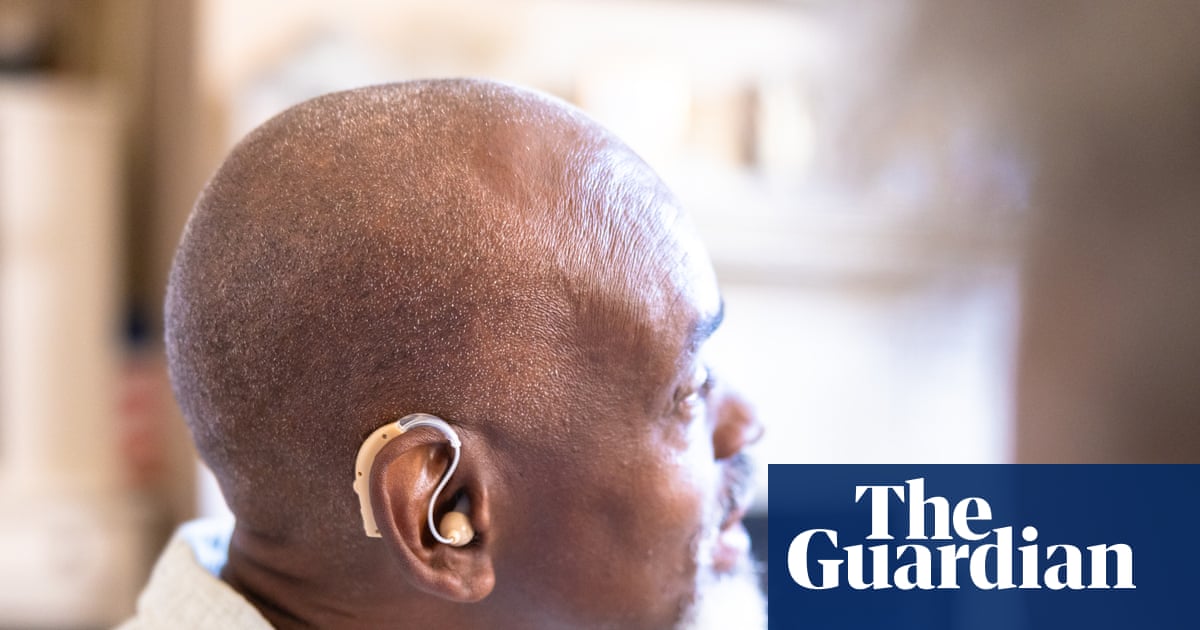T4K3.news
New research links hearing loss to dementia risk
Recent studies suggest addressing hearing loss may delay the onset of dementia in older adults.

Hearing health plays a crucial role in overall wellbeing, according to experts.
Protecting hearing health enhances quality of life as we age
Recent research highlights the possible link between hearing loss and dementia, emphasizing that addressing hearing issues can benefit brain health. Nicholas Reed, an audiologist and co-author of the study, stresses the importance of prioritizing hearing health as we age. Hearing loss, often normalized with age, can lead to issues in communication and increased risk of cognitive decline. Reed's study observed nearly 3,000 adults ages 66 to 90 and found that about 32% of dementia risk may be related to hearing loss. While it remains unclear if hearing loss directly causes dementia, researchers suggest that treating hearing impairment could delay dementia's onset. They recommend preventive measures like using hearing aids and limiting exposure to loud sounds. Reed also encourages individuals to start regular hearing tests as early as their 30s or 40s to monitor changes.
Key Takeaways
"There are already more than enough established benefits related to hearing care."
Reed underlines the proven advantages of addressing hearing loss early.
"A healthy lifestyle and healthy listening habits can go a long way."
Reed emphasizes the combined approach for better hearing health.
"Good communication is looking someone in the face."
Reed shares practical advice on improving communication for those with hearing loss.
"The idea is that, in theory, if a person uses hearing aids, communication becomes easier."
Reed discusses the cognitive benefits of using hearing aids.
The connection between hearing loss and cognitive function is gaining attention, suggesting that our ability to communicate is vital for mental and emotional health. Social isolation, a risk factor for cognitive decline, can be mitigated through proactive hearing care. The highlight from Reed's research is that maintaining hearing health does not merely enhance sound clarity but also enriches overall life engagement. Additionally, the push for better access to hearing aids reflects a growing recognition of their role in improving quality of life, particularly among aging populations.
Highlights
- Hearing health is not just about sound; it’s about connection.
- Investing in your hearing today protects your brain tomorrow.
- Engagement with the world starts with clear hearing.
- Healthy listening habits lead to a healthier life.
Concerns about hearing loss and dementia link
The potential association between hearing loss and cognitive decline raises concerns about public health strategies for aging populations. As treatment becomes increasingly necessary, the demand for effective hearing aids and accessibility may face criticism regarding budget allocations and healthcare funding.
Investing in hearing health can lead to significant benefits for mental and emotional wellbeing.
Enjoyed this? Let your friends know!
Related News

Study Finds Decline in Dementia for Today's Older Adults

New study links air quality to dementia risk

New study reveals Ozempic's benefits for dementia risk in diabetes

Neurologist warns about stroke risks from daily habits

Ozempic reduces dementia risk for millions

Link found between sudden diabetes and pancreatic cancer

New study links air pollution to dementia risk

Daily Habits May Raise Dementia Risk
